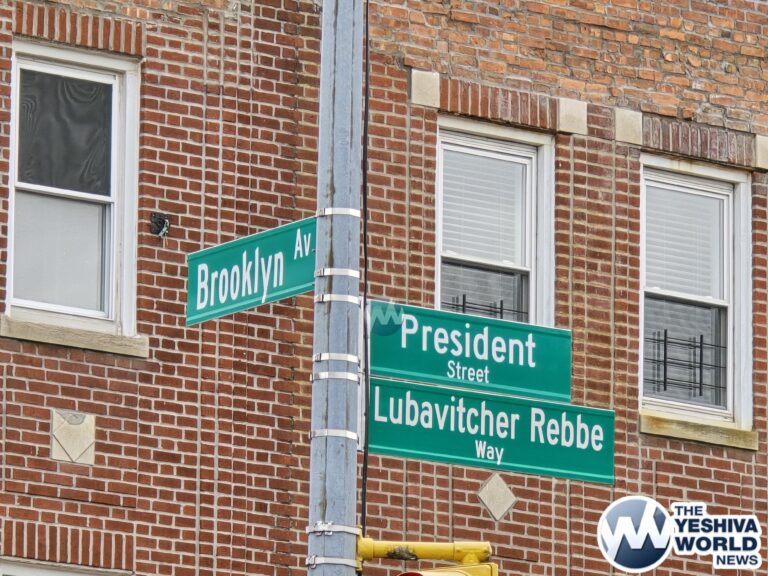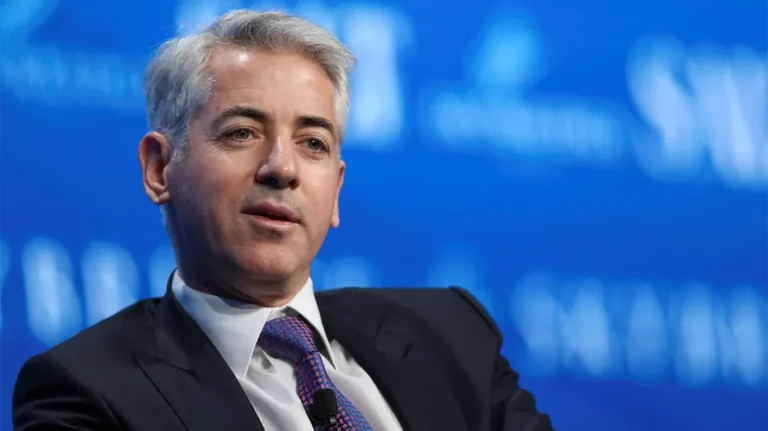 Each year, Mayor Michael Bloomberg and members of the City Council exchange dire public statements about the budget, with the administration arguing for necessary spending cuts and legislators scrambling to protect cherished city programs. Then, in June, everyone gathers in the vestibule of City Hall in front of the press corps to pat themselves on the back for negotiating a fair deal.
Each year, Mayor Michael Bloomberg and members of the City Council exchange dire public statements about the budget, with the administration arguing for necessary spending cuts and legislators scrambling to protect cherished city programs. Then, in June, everyone gathers in the vestibule of City Hall in front of the press corps to pat themselves on the back for negotiating a fair deal.
But this year, some Council members say the austere proposals sketched out in Bloomberg’s preliminary budget are making them more nervous than usual.
Council Member Gale Brewer said the “horror” of the proposed cuts will separate this year’s budget negotiations from those of past years.
As in the past, cuts to child-care services in the Administration for Children’s Services (ACS) have drawn the particular ire of advocates and Council members. The mayor is calling for up to $90 million in reductions to the ACS budget, which advocates say will hurt subsidies for nearly 17,000 children this year alone, in addition to losing 14,000 child-care slots since 2006.
Council Members Stephen Levin and David Greenfield have both said they would be unable to vote for a budget that contains those cuts.
“It’s a matter of fairness. It’s a matter of equity. It’s a matter of morality,” Greenfield said. “This is the line in the sand.”
Council Member Jumaane Williams blamed Bloomberg for the cuts, announcing at a recent rally at City Hall that “if the 17,000 child day-care slots are not in the budget, it’s because he did not deem it important.”
A host of other individual issues have been singled out by Council members, including cuts to libraries and plans to lay off 6,000 teachers, but these issues are not generating as many absolutist statements as the child-care cuts.
Some Council members are still concerned about problems left over from last year’s budget. Council Member Peter Vallone said he couldn’t discuss the 2012 budget specifics until 2011 issues are resolved, notably funding district-attorney offices and a freshman NYPD class. He says both were underfunded in last year’s budget.
Bloomberg is defending the cuts, placing fault squarely on the federal government.
“The mayor’s budget increases the amount of city dollars that go into ACS by more than 20 percent,” said Marc LaVorgna, a Bloomberg spokesperson. “But we…still have a reduction in the number of child-care dollars that comes from a drop-off of federal dollars.”
Bloomberg has also sharply criticized Albany’s budget deal, which was finalized on April 1.
“Proportionately, the cuts to New York City were unfair and outrageous,” the mayor said at the time, although he has since praised Gov. Andrew Cuomo and the Legislature for doing the best they could, given the circumstances.
Many programs that face the budget ax are relatively small, leaving members confident that money exists to restore funding. Some members advocate dipping into the Retiree Health Benefit Trust Fund for a one-time burst of revenue.
“Everyone acknowledges it’s a rainy-day fund,” Greenfield said. “The reality is that we’ve been dipping into it for years. The purpose of having a rainy-day fund is that when it rains, you tap into it.”
LaVorgna disagreed, saying that the city was not legally allowed to use the fund simply to restore programs the City Council wants to protect. But Council members say they are willing to try.
“There’s always ways to make things happen. Always ways to move money around,” said Council Member Domenic Recchia, chair of the Finance Committee.
Doug Turetsky, spokesperson for the city’s Independent Budget Office, confirmed that there is a roundabout method of pulling dollars out of some retirement-related programs and using the funds to offset proposed cuts.
The Council has been adept at securing the restorations to cherished programs, though the city’s $4 billion budget gap, combined with a still-struggling economy, could doom any attempts to find new sources of revenue. Brewer calculated that in good years, the City Council has restored around $700 million in cuts, while in bad years, like last year, the figure was closer to $300 million.
At this early stage, there are still many unknowns. Council Member Lew Fidler explained, “Every dollar you insist is spent on A is a dollar that can’t be spent on B. You don’t really know what the zero sum is until after the April tax returns come in.”
Fidler added that there was a “slim hope that we’ll find extra revenue.”
For its part, the mayor’s office is not publicly drawing any lines in the sand.
“The preliminary budget is just that, preliminary. Things do change,” LaVorgna said. “Some things will change, some things will not. We speak to the Council about every facet, and we are willing to negotiate every facet.”
(Source: City Hall News)










